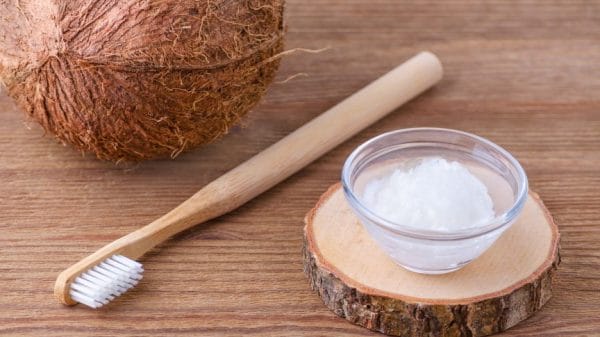Findings of a new study explain why the mainstream phrase we’ve come to familiarize ourselves with, “Money can’t buy happiness,” is misleading, claiming that an annual income of $75,000+ actually does increase happiness in individuals.
In 2010, a study conducted by Nobel Prize winning economists indicated that degrees of happiness started to level off around an annual income of $75,000, and that earning more than this amount wouldn’t necessarily signify higher levels of happiness.
However, a recent study published in Proceedings of the National Academy of Sciences debunks the implication of a $75,000 annual income as a plateau of happiness, saying that happiness continues to escalate past this amount. The title of the study– Experienced well-being rises with income, even above $75,000 per year— makes this point loud and clear.
The author of this study, Matt Killingsworth, collected 1,725,994 experienced-based samples from 33,391 employed U.S. adults through an app he created, Track Your Happiness, partially purposed for scientific research.
Killingsworth explained to Motherboard via Zoom, “The way it [the app] works is that people get pinged at random moments as they go about their daily lives… and then I ask them some questions about their experience, just before that moment, how they feel, what they’re doing, and a variety of other things.”
Additionally, Killingsworth expresses his curiosity to understand the correlation between one’s income and their ‘experienced well-being,’ a concentrated variable that distinguishes Killingsworth’s study from the 2010 study which encompassed both “experienced well-being’ and ‘evaluative well-being.’
The difference between ‘experienced well-being’ and ‘evaluative well-being’ is that ‘experienced well-being’ measures one’s perceived degree of happiness in a given moment, whereas the latter measures a comprehensive assessment of one’s perceived degree of happiness.
“We’re finding similar patterns [to the 2010 study] for evaluative well-being and similar patterns in a variety of other ways in the data,” says Killingsworth. Despite trends of consistency, however, Killingsworth’s data doesn’t show happiness leveling off at $75,000. Instead, his data shows a positive correlation between income and levels of happiness, increasing even beyond the $75,000 point.
Though Killingsworth found a correlation between income and levels of happiness, he mentions how there are always going to be grey areas: “It’s possible to earn not that much and still be quite happy… we just don’t understand all these things.”
Levels of happiness, too, can easily be influenced by the importance one ties to money. For instance, if one makes well above $75,000 a year but is obsessively materialistic, it’s safe to say that person will feel inadequate. Killingsworth states, “There doesn’t seem to be any point where conflating personal success with your financial outcome is a good thing… having more [money] is good, but being fixated on it and using it to define your self worth is probably not such a great idea.”
Check out this article to read more about influences on happiness.














